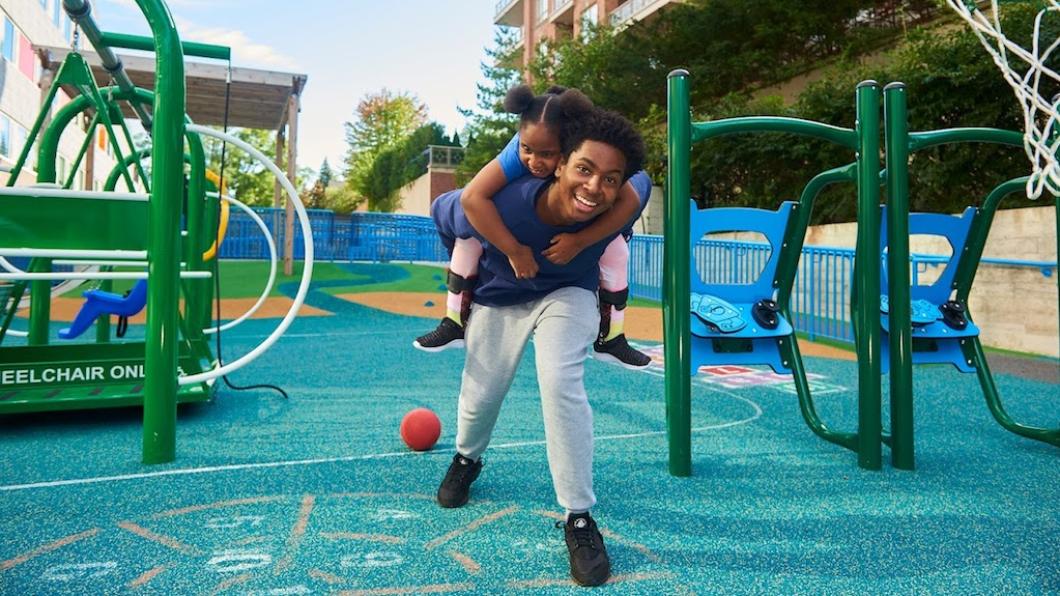
Kids with disabled siblings show better understanding of other people's emotions
By Louise Kinross
A new study published in Child Development suggests children who have siblings with disabilities may be better able to understand other people's thoughts and feelings.
Researchers at the Hebrew University of Jerusalem used data from the Longitudinal Israeli Study of Twins born in 2004-2005 and identified 63 families where one twin has a disability and the other does not. They then evaluated these non-disabled twins of disabled siblings on measures of cognitive empathy, emotional empathy and prosociality, and compared them to 404 typically developing twin siblings from the rest of the sample.
The children, who were then 11 years old, answered a questionnaire on empathy where they rated how much they agreed or disagreed with statements like "I can often understand how people feel even before they tell me." Their parents completed a survey about their child's prosocial behaviour, and the children did a computer game where they had to choose between earning game points for a prize and donating them to children in need.
Typically developing children who had a twin with disabilities scored higher in self-reported cognitive empathy than did non-disabled children who didn't have a disabled twin. No differences were found in emotional empathy and prosociality.
In their discussion, the study authors suggest "the need to understand someone different enough to challenge one's understanding may contribute to a better general ability to understand others. Thus, understanding a non-typically developing sibling's mind might require greater effort and more practice, resulting in a greater generalized ability to understand others."
The authors note that past studies tended to focus on how children with a disabling sibling were negatively impacted by the experience.
Like this story? Sign up for our monthly BLOOM e-letter: https://bit.ly/3IIK5Qo.